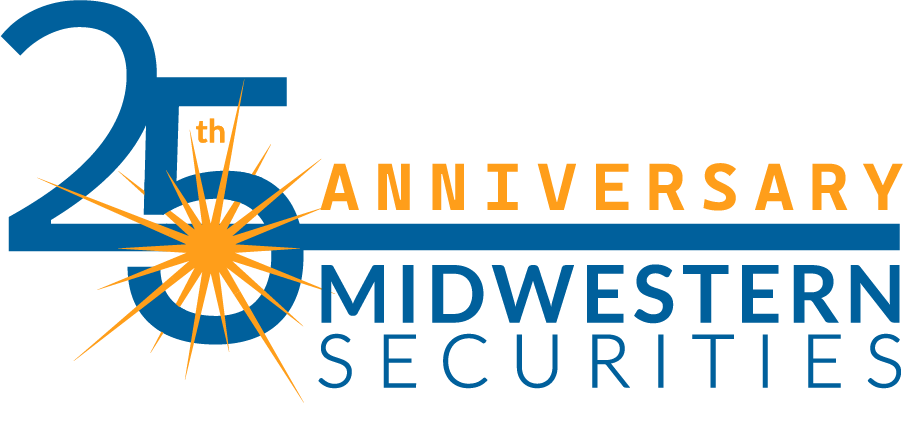Change is inevitable—but are you positioned for what’s next? As the financial landscape evolves, community banks face increasing pressure to adapt their wealth management services to meet the evolving expectations of their clients. Staying ahead requires not only embracing innovation but also aligning offerings with the core mission of serving local communities. Forward-thinking strategies help ensure long-term viability and stronger client relationships.
We examine the shifting demands of wealth management clients and explore strategies for community banks to future-proof their services. Understanding these dynamics enhances the bank’s value proposition while reinforcing its place in the broader financial ecosystem. Adapting to new expectations allows institutions to remain relevant and competitive within the wealth management space. Implementing tailored services rooted in expertise will define success moving forward.
Evolving Client Expectations in Wealth Services
The wealth management landscape is undergoing significant transformation, driven by changing client demographics and technological advancements. Clients now seek a blend of digital convenience and personalized advice, expecting seamless integration across platforms.
According to reports, 60% of US investors under 35 consider social media as a reliable source for investment advice, highlighting the need for banks to adapt their communication strategies.
Community financial institutions must recognize that the traditional one-size-fits-all approach no longer suffices. Clients demand tailored solutions that align with their unique financial goals and life stages. A shift towards flexible and responsive wealth services has become essential to maintain relevance. Data analytics and client insights offer the foundation for developing individualized strategies.
Training and development programs help advisors maintain a competitive edge in a rapidly evolving marketplace. Staff must be equipped to navigate complex financial landscapes while providing customized support. Ongoing education and skill-building enable advisors to remain relevant and provide cutting-edge insight. Strengthening human capital leads directly to higher-quality client service.
Expanding Wealth Services to Meet Diverse Client Needs
Diversifying wealth services enables banks and credit unions to address the broad spectrum of client needs more effectively. Clients want investment management, estate planning, retirement guidance, and insurance solutions through a single, trusted relationship. Offering integrated wealth and trust services helps attract high-net-worth clients and their families. Full-spectrum services support retention and growth within affluent client segments.
Offering mutual funds, annuities, and alternative investments accommodates different levels of risk tolerance and financial planning horizons. Product variety enables clients to create portfolios that reflect their values and priorities. Unique local investments can also attract clients seeking to support regional economic activity. Banks can distinguish themselves through both product breadth and community alignment.
Financial education enhances engagement and increases client confidence in making informed decisions. Workshops, seminars, and coaching sessions elevate financial literacy across all demographics. Informed clients are more loyal and more likely to use advanced wealth services. A strong educational foundation drives trust and longevity in relationships.
Partnering with tax professionals and estate attorneys enhances a bank’s service model. External specialists help address complex financial scenarios that require interdisciplinary expertise. Community banks offering these services position themselves as holistic wealth management providers. Clients value having all critical financial functions supported under one roof.
Strengthening Advisor-Client Relationships
The advisor-client relationship remains a cornerstone of effective wealth management. Clients value advisors who understand their personal goals, communicate transparently, and provide consistent support. Insights reveal that clients prefer human advisors, particularly during volatile market conditions. Personal guidance enhances clarity and helps clients feel more secure.
Advisors must communicate proactively through scheduled reviews, market updates, and ongoing planning discussions to ensure effective communication. Consistent interaction ensures that clients remain aligned with their financial goals. Frequent engagement demonstrates commitment and helps reinforce the value of the advisor. Strong communication practices drive long-term client retention.

Empathy and active listening are essential qualities for successful advisors. Understanding a client's values and concerns fosters authentic relationships and customized planning. Advisors trained in emotional intelligence can build deeper trust. Compassion and connection are powerful differentiators in wealth services.
Client feedback provides valuable insight into service performance and areas for improvement. Banks can collect input through surveys, check-ins, or review sessions to refine service offerings. Responsive action based on feedback shows commitment to excellence. Improvements grounded in client needs can create stronger loyalty and satisfaction.
Future-Proofing Wealth Services in Community Banking
To remain competitive, community banks must proactively adapt their wealth services to align with emerging trends and client expectations. Embracing digital tools, diversifying services, and strengthening relationships creates a robust, future-ready platform. Institutions focused on evolution are best positioned to lead the way.
Investment in continuous training keeps advisors up to date on new regulations, products, and client behaviors. Advisors with current knowledge offer sharper insights and more nuanced recommendations. Lifelong learning empowers staff to deliver exceptional value in client interactions. High-performing teams drive consistent business growth and client satisfaction.
Partnerships offer access to advanced platforms without requiring in-house development. Collaboration helps banks stay agile while integrating cutting-edge client tools. Banks reduce operational risk and development costs through external partnerships. These relationships enable innovation at scale while preserving institutional focus.
Frequent review and recalibration of services ensures continued alignment with client goals and market shifts. Evaluating feedback and monitoring outcomes drives continuous improvement. Institutions that encourage innovation build a reputation for responsiveness. Adaptability remains a cornerstone of long-term success in the evolving financial services industry.
Long-Term Success Through Strategic Wealth Partnerships
Evolving client expectations demand a forward-looking, customized approach to financial services across all demographics and wealth levels. Community financial institutions have the opportunity to elevate their offerings through strategic modernization and deeper personalization.
Partnering with Midwestern Securities ensures access to expert guidance, proven infrastructure, and scalable wealth solutions tailored to your institution’s mission. Connect with us today to future-proof your wealth services and deliver lasting impact to your clients.
